Mustard oil has been used for centuries to improve hair health and appearance. It is known to stimulate hair growth, reduce hair fall, prevent dandruff, and condition the hair. Mustard oil is also a natural remedy for a number of scalp problems, such as dryness, itchiness, and inflammation.
If you are looking for a natural way to improve your hair health, mustard oil is a great option to consider. It is affordable, easy to find, and can be used in a variety of ways.
Mustard Oil Hair Mask Recipes
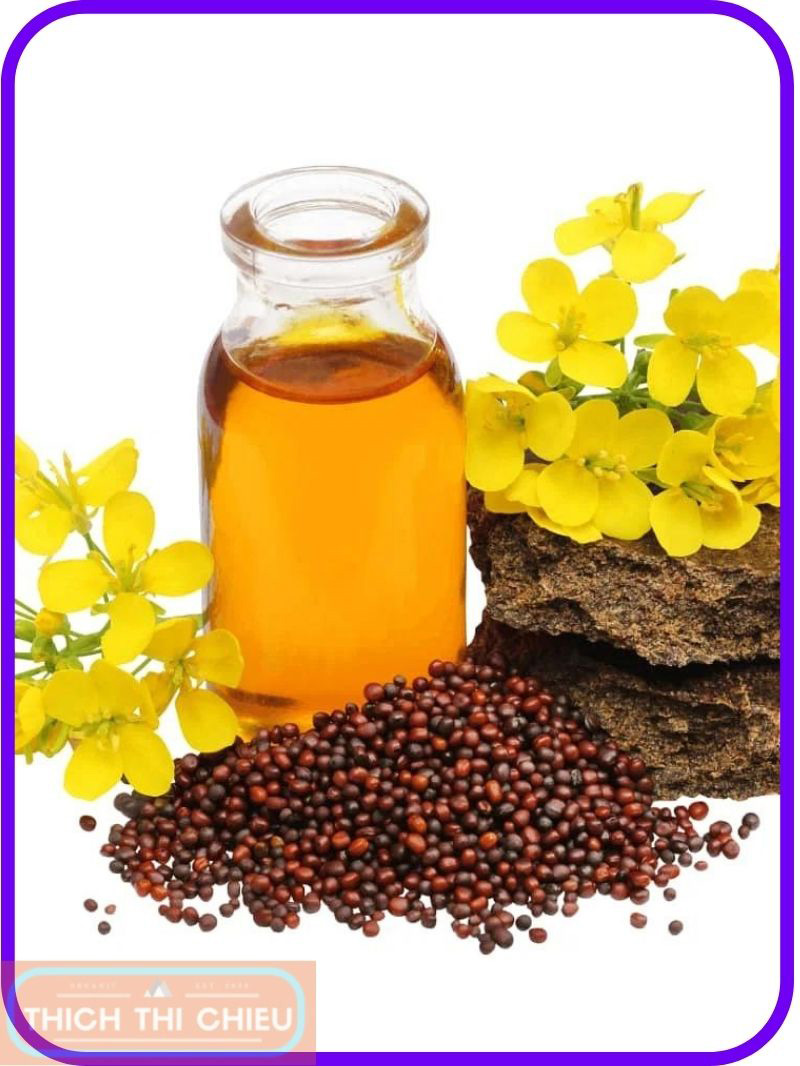
Mustard oil is a natural oil that has been used for centuries to improve hair health. It is rich in nutrients that are essential for hair growth, such as vitamins A, B, and C, as well as minerals such as iron, calcium, and magnesium. Mustard oil also has anti-fungal and anti-bacterial properties, which makes it effective for treating dandruff and other scalp infections.
Mustard oil can be used in a variety of ways to improve hair health, but one of the most popular methods is to use it in a hair mask. Mustard oil hair masks are a great way to deeply condition the hair, promote hair growth, and reduce hair fall.
Here are a few popular mustard oil hair mask recipes:
Mustard Oil and Yogurt Hair Mask
Ingredients:
- 2 tablespoons mustard oil
- 4 tablespoons yogurt
Instructions:
- Mix the mustard oil and yogurt together in a bowl until well combined.
- Apply the mask to your hair and scalp, starting at the roots and working your way down to the ends.
- Massage the mask into your hair and scalp for a few minutes to help the nutrients absorb.
- Cover your hair with a shower cap and leave the mask on for 30 minutes to an hour.
- Rinse the mask out of your hair thoroughly with shampoo and conditioner.
Mustard Oil and Honey Hair Mask
Ingredients:
- 2 tablespoons mustard oil
- 1 tablespoon honey
Instructions:
- Mix the mustard oil and honey together in a bowl until well combined.
- Apply the mask to your hair and scalp, starting at the roots and working your way down to the ends.
- Massage the mask into your hair and scalp for a few minutes to help the nutrients absorb.
- Cover your hair with a shower cap and leave the mask on for 30 minutes to an hour.
- Rinse the mask out of your hair thoroughly with shampoo and conditioner.
Mustard Oil and Avocado Hair Mask
Ingredients:
- 2 tablespoons mustard oil
- 1/2 avocado
Instructions:
- Mash the avocado in a bowl until smooth.
- Add the mustard oil to the mashed avocado and mix well.
- Apply the mask to your hair and scalp, starting at the roots and working your way down to the ends.
- Massage the mask into your hair and scalp for a few minutes to help the nutrients absorb.
- Cover your hair with a shower cap and leave the mask on for 30 minutes to an hour.
- Rinse the mask out of your hair thoroughly with shampoo and conditioner.
How to Use Mustard Oil for Hair
Mustard oil is a natural oil that has been used for centuries to improve hair health. It is rich in nutrients that are essential for hair growth, such as vitamins A, B, and C, as well as minerals such as iron, calcium, and magnesium. Mustard oil also has anti-fungal and anti-bacterial properties, which makes it effective for treating dandruff and other scalp infections.
Mustard oil can be used in a variety of ways to improve hair health, including:
- Hot oil massage: Massaging mustard oil into the scalp is a great way to stimulate hair growth and reduce hair fall. The heat helps to open up the pores and allow the oil to penetrate deeply into the scalp.
- Hair mask: Mustard oil hair masks are a great way to deeply condition the hair, promote hair growth, and reduce hair fall. Mustard oil can be mixed with other ingredients such as yogurt, honey, or avocado to create a nourishing hair mask.
- Leave-in conditioner: Mustard oil can also be used as a leave-in conditioner. Add a few drops of mustard oil to your regular conditioner and apply it to the ends of your hair. This will help to soften and smooth your hair, and it will also add shine and luster.
How to Do a Hot Oil Massage with Mustard Oil
- Warm the mustard oil slightly in a microwave-safe bowl for a few seconds.
- Apply the mustard oil to your scalp, starting at the roots and working your way down to the ends.
- Massage the oil into your scalp for 5-10 minutes.
- Cover your hair with a shower cap and leave the oil on for 30-60 minutes.
- Rinse the oil out of your hair thoroughly with shampoo and conditioner.
How to Make a Mustard Oil Hair Mask
There are many different mustard oil hair masks that you can make, depending on your hair type and needs. Here is a simple recipe for a mustard oil and yogurt hair mask:
Ingredients:
- 2 tablespoons mustard oil
- 4 tablespoons yogurt
Instructions:
- Mix the mustard oil and yogurt together in a bowl until well combined.
- Apply the mask to your hair and scalp, starting at the roots and working your way down to the ends.
- Massage the mask into your hair and scalp for a few minutes.
- Cover your hair with a shower cap and leave the mask on for 30-60 minutes.
- Rinse the mask out of your hair thoroughly with shampoo and conditioner.
How to Use Mustard Oil as a Leave-in Conditioner
- Add a few drops of mustard oil to your regular conditioner.
- Apply the conditioner to the ends of your hair.
- Style your hair as usual.
Tips for Using Mustard Oil for Hair
- Do a patch test before using mustard oil on your skin or hair to make sure that you are not allergic.
- If you have sensitive skin, you may want to dilute the mustard oil with a carrier oil such as coconut oil or jojoba oil.
- If you find that mustard oil is too drying for your hair, you can add a few drops of your favorite essential oil to the mask or leave-in conditioner to help moisturize your hair.
- Be sure to rinse the mustard oil out of your hair thoroughly to prevent it from staining your clothes.
Mustard Oil Hair Benefits
Mustard oil is a natural oil that has been used for centuries to improve hair health. It is rich in nutrients that are essential for hair growth, such as vitamins A, B, and C, as well as minerals such as iron, calcium, and magnesium. Mustard oil also has anti-fungal and anti-bacterial properties, which makes it effective for treating dandruff and other scalp infections.
Here are some of the key hair benefits of mustard oil:
Stimulates hair growth
Mustard oil contains erucic acid, a fatty acid that helps to stimulate hair growth. Erucic acid helps to increase blood circulation to the scalp, which delivers oxygen and nutrients to the hair follicles. This helps to create a healthy environment for hair growth.
Strengthens hair follicles
Mustard oil is rich in vitamin E, an antioxidant that helps to protect the hair follicles from damage. Mustard oil also contains selenium, a mineral that helps to strengthen the hair follicles.
Prevents hair loss
Mustard oil helps to prevent hair loss by strengthening the hair follicles and preventing them from becoming weak and brittle. Mustard oil also contains antioxidants that help to protect the hair from damage.
Prevents dandruff
Mustard oil has anti-fungal and anti-bacterial properties that help to prevent dandruff and other scalp infections. Dandruff can lead to hair loss, so it is important to keep the scalp clean and healthy.
Improves scalp health
Mustard oil is a natural moisturizer that helps to keep the scalp hydrated and healthy. Mustard oil also helps to remove dead skin cells and other build-up from the scalp.
Adds shine and luster to the hair
Mustard oil contains omega-3 and omega-6 fatty acids, which help to nourish and soften the hair. Mustard oil also helps to add shine and luster to the hair.
Mustard Oil Side Effects
Mustard oil is a natural oil that has been used for centuries to improve hair health and cooking. However, mustard oil can also cause some side effects, such as skin irritation and allergic reaction.
Skin irritation
Mustard oil can irritate the skin, especially if it is applied directly to the skin without being diluted. The skin irritation can be mild, such as redness and itching, or more severe, such as blistering and pain.
Allergic reaction
Mustard oil can also cause an allergic reaction in some people. An allergic reaction to mustard oil can range from mild to severe. Symptoms of a mild allergic reaction to mustard oil may include hives, swelling, and itching. Symptoms of a severe allergic reaction to mustard oil may include difficulty breathing, wheezing, and anaphylaxis.
How to prevent mustard oil side effects
There are a few things you can do to prevent mustard oil side effects:
- Do a patch test before using mustard oil on your skin or hair. To do a patch test, apply a small amount of mustard oil to the inside of your elbow and leave it on for 24 hours. If you experience any skin irritation, do not use mustard oil.
- Dilute mustard oil with a carrier oil such as coconut oil or jojoba oil before applying it to your skin or hair.
- Start with a small amount of mustard oil and increase the amount gradually to see how your skin or hair reacts.
- Be sure to rinse mustard oil out of your hair thoroughly to prevent it from staining your clothes.
If you experience any side effects from mustard oil, stop using it immediately and consult a doctor.
Additional tips
- If you have sensitive skin, you may want to avoid using mustard oil altogether.
- If you are pregnant or breastfeeding, you should talk to your doctor before using mustard oil.
- If you have any other medical conditions, such as asthma or eczema, you should talk to your doctor before using mustard oil.
How to Choose the Right Mustard Oil for Hair
Mustard oil is a natural oil that has been used for centuries to improve hair health. It is rich in nutrients that are essential for hair growth, such as vitamins A, B, and C, as well as minerals such as iron, calcium, and magnesium. Mustard oil also has anti-fungal and anti-bacterial properties, which makes it effective for treating dandruff and other scalp infections.
However, not all mustard oil is created equal. When choosing mustard oil for hair, it is important to select a high-quality oil that is cold-pressed and unrefined.
Cold-pressed mustard oil
Cold-pressed mustard oil is extracted from mustard seeds using a mechanical process that does not involve heat. This helps to preserve the nutrients in the oil. Cold-pressed mustard oil is the best type of mustard oil for hair because it is less likely to cause irritation.
Unrefined mustard oil
Unrefined mustard oil is mustard oil that has not been processed or refined. This means that it retains all of its natural nutrients and properties. Unrefined mustard oil is the best type of mustard oil for hair because it is more effective at promoting hair growth and preventing hair loss.
How to spot high-quality mustard oil
Here are a few tips on how to spot high-quality mustard oil:
- Look for a mustard oil that is cold-pressed and unrefined.
- Choose a mustard oil that is organic. Organic mustard oil is grown without the use of pesticides and herbicides, which means that it is safer for your hair and scalp.
- Check the expiration date on the mustard oil bottle. Mustard oil has a shelf life of about one year.
- Avoid mustard oil that is packaged in plastic bottles. Plastic bottles can leach chemicals into the oil, which can be harmful to your hair and scalp.
Frequently Asked Questions About Mustard Oil for Hair
How often should I use mustard oil for my hair?
You can use mustard oil for your hair once a week. If you have dry or damaged hair, you may want to use mustard oil twice a week. However, if you have oily hair, you may want to use mustard oil less often.
Can I use mustard oil on my colored hair?
Yes, you can use mustard oil on your colored hair. However, it is important to dilute the mustard oil with a carrier oil such as coconut oil or jojoba oil before applying it to your hair. This will help to prevent the mustard oil from drying out your hair and fading your color.
Can I use mustard oil on my scalp?
Yes, you can use mustard oil on your scalp. Mustard oil is a natural moisturizer that helps to keep the scalp hydrated and healthy. Mustard oil also helps to remove dead skin cells and other build-up from the scalp.
How can I prevent mustard oil from staining my clothes?
To prevent mustard oil from staining your clothes, be sure to rinse it out of your hair thoroughly with shampoo and conditioner. You may also want to wear a shower cap when you are using mustard oil for your hair.
Other frequently asked questions:
Q: What is the best way to apply mustard oil to my hair?
A: The best way to apply mustard oil to your hair is to massage it into your scalp and hair, starting at the roots and working your way down to the ends. You can also use a comb to distribute the oil evenly throughout your hair.
Q: How long should I leave mustard oil in my hair?
A: You can leave mustard oil in your hair for 30 minutes to an hour. However, if you have sensitive skin, you may want to leave it in for a shorter amount of time.
Q: What is the best way to remove mustard oil from my hair?
A: The best way to remove mustard oil from your hair is to rinse it out thoroughly with shampoo and conditioner. You may also want to use a clarifying shampoo to remove any residue.
Q: Can I use mustard oil for other beauty purposes?
A: Yes, mustard oil can be used for other beauty purposes, such as conditioning your skin and nails. You can also use mustard oil to make a lip balm or hair mask.
Mustard oil is a versatile and beneficial oil for hair. It can be used to promote hair growth, reduce hair fall, prevent dandruff, and condition the hair. Mustard oil is also a natural remedy for a number of scalp problems. If you are looking for a natural way to improve your hair health, mustard oil is a great option to consider.
Hopefully, the above article of TTC has provided you with useful information. If you have any questions or concerns, please leave a comment below.
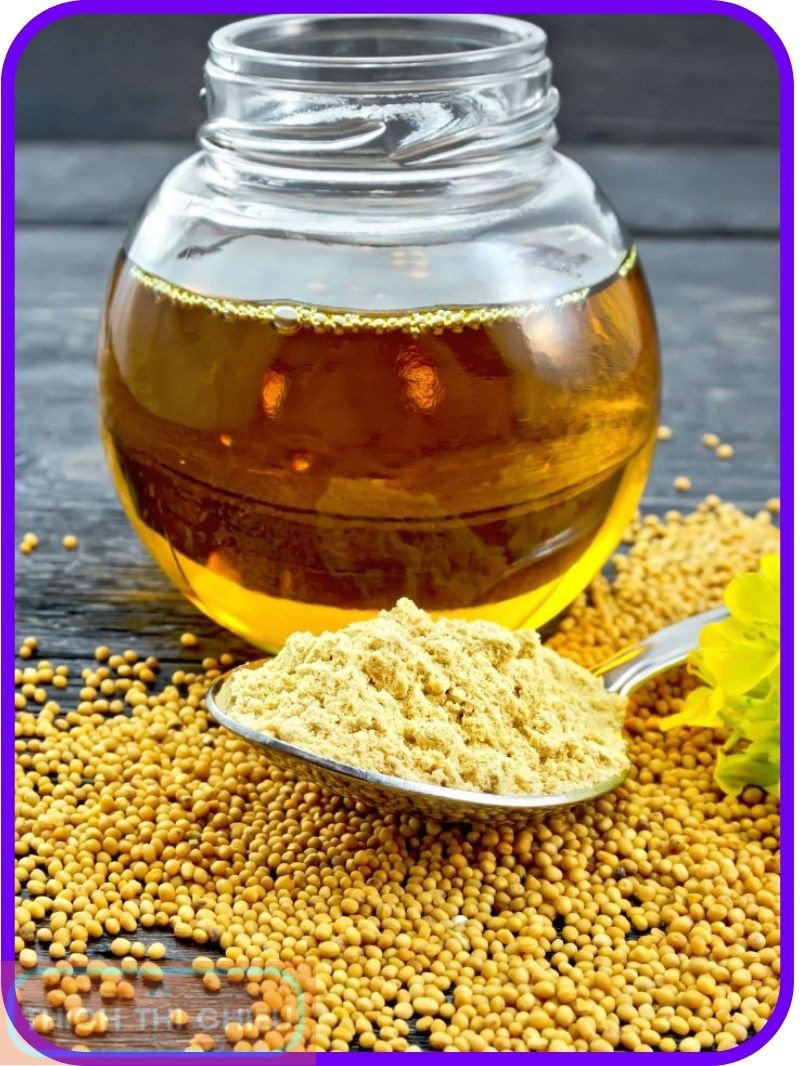
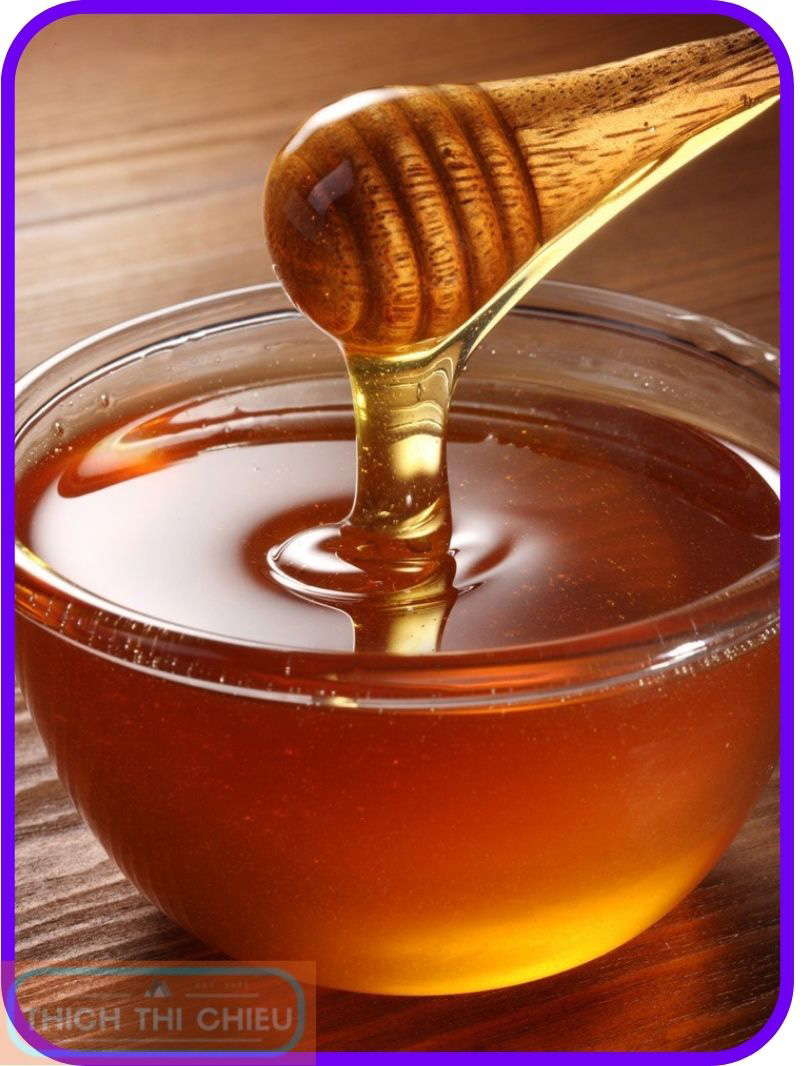
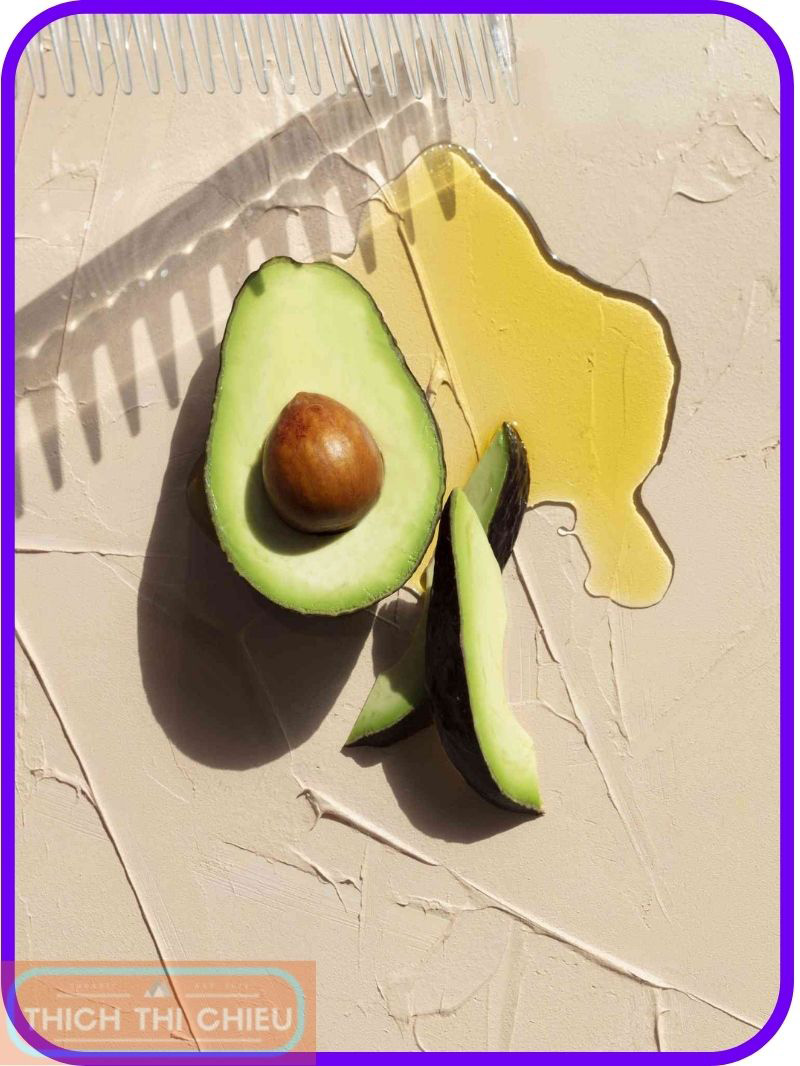


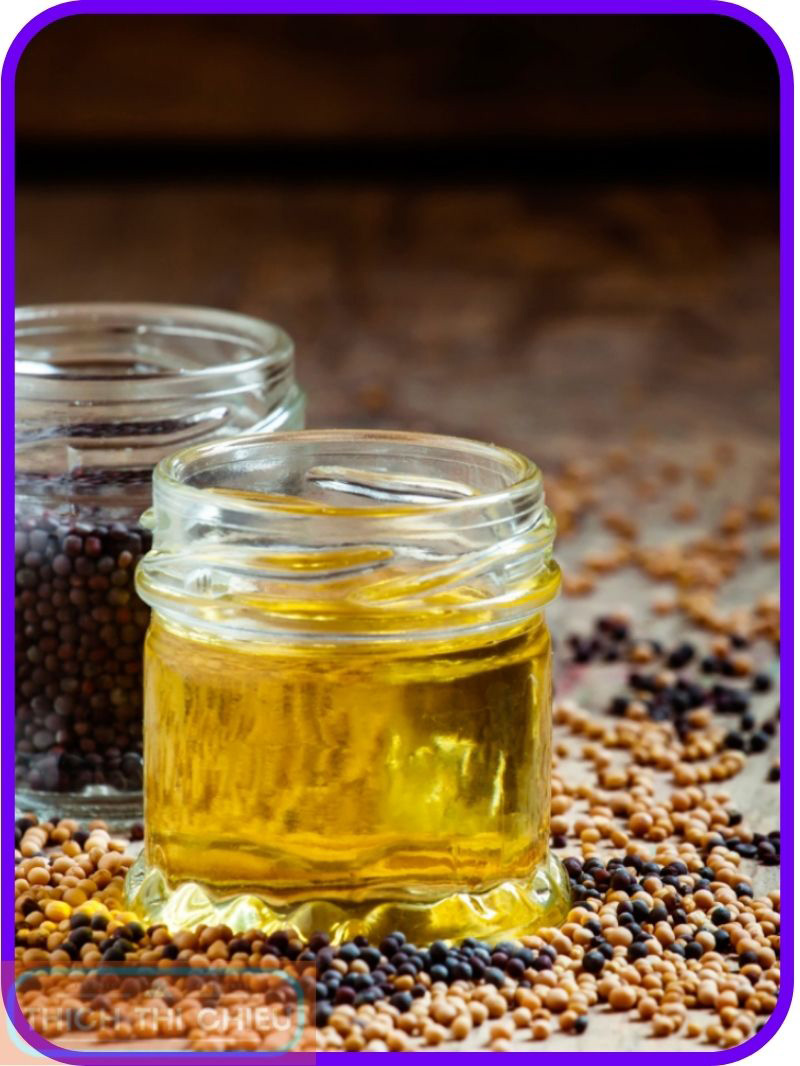
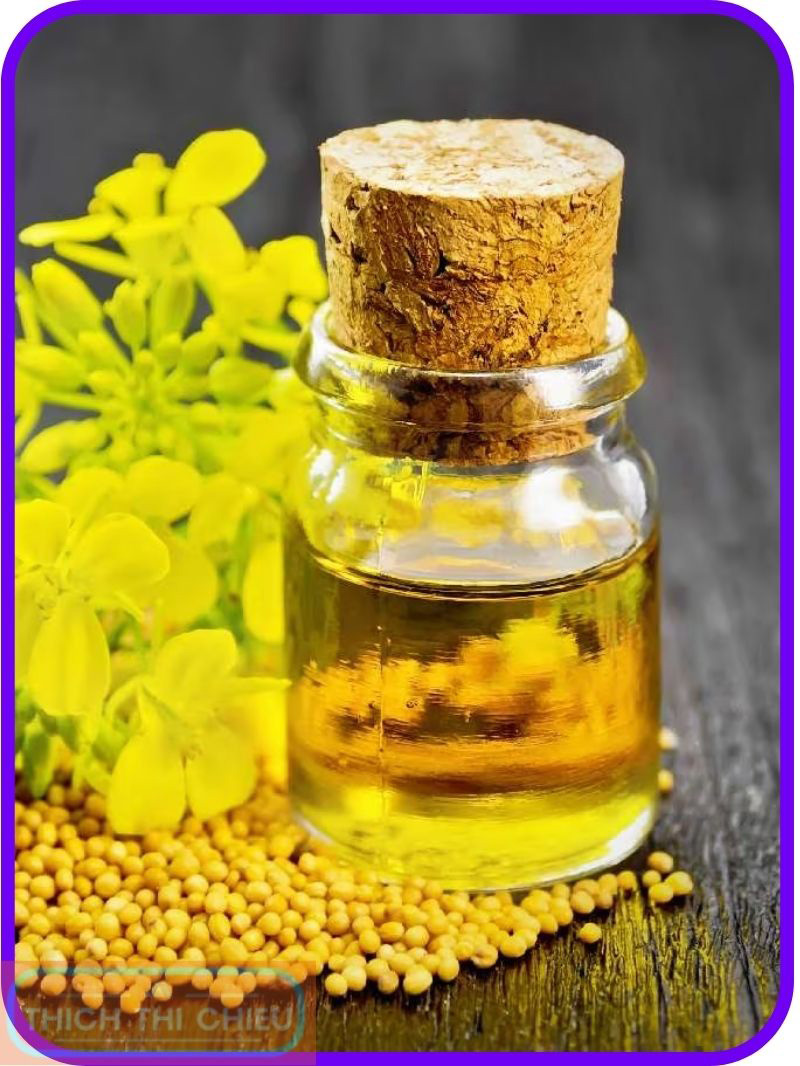
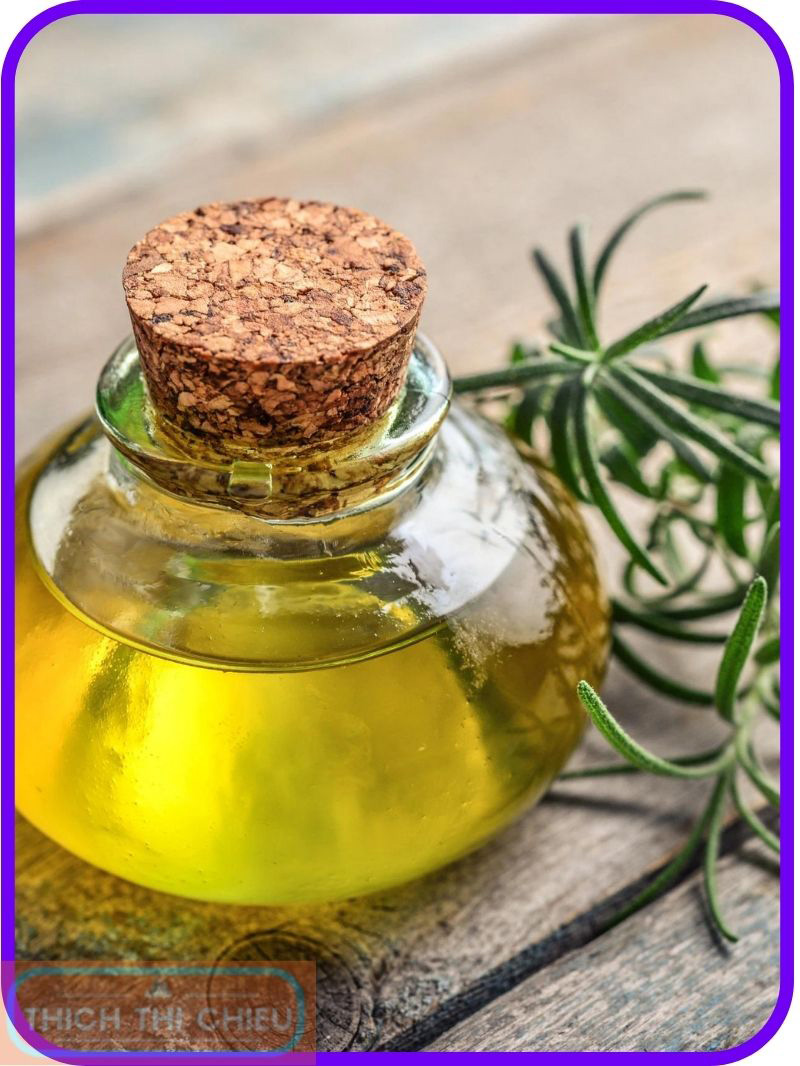





Leave a Reply